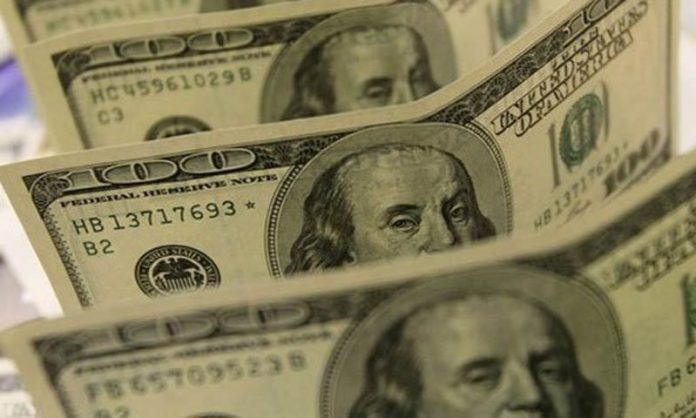The U.S. dollar faced pressure on Tuesday as investor optimism surrounding potential trade deals began to fade, while Asian currencies took a breather following an unprecedented two-day surge, signalling the dollar’s vulnerability.
The dollar dropped by 0.57% against the Japanese yen, reaching 142.87, while the British pound gained 0.56%, rising to $1.3371.
Recent hopes for trade deals to reduce tariffs had fueled optimism, bolstering both U.S. shares and the dollar, but those expectations began to wane, leading to a more cautious outlook among investors. Meanwhile, the euro rose 0.14% to $1.1331, though its gains were limited by political uncertainty in Germany.
Conservative leader Friedrich Merz failed to secure enough votes in parliament to become chancellor, raising concerns about the stability of the German coalition and its ability to implement policies.
In Asia, emerging currencies also saw gains, with the Taiwan dollar easing after a sharp rise, while the Chinese yuan strengthened to a six-month high against the dollar. This movement in Asian currencies suggested a shift of funds into the region, raising concerns about the dollar’s long-term strength.
While Taiwan’s central bank has denied any coordinated effort to boost the Taiwan dollar, the market remains cautious, viewing the currency’s rise as potentially tacitly supported by both Taiwan and the U.S.
The currency markets are now awaiting the Federal Reserve’s policy decision on Wednesday, with expectations that the central bank will keep interest rates on hold. The Bank of England is also set to meet this week, likely lowering rates in response to concerns over global growth.
Meanwhile, central banks in Norway and Sweden are anticipated to maintain steady rates. The Swiss franc weakened after comments from Swiss National Bank Chairman Martin Schlegel indicated that the SNB is prepared to intervene in the currency markets and cut rates further if necessary to prevent inflation from falling below its target.
The dollar managed to recover slightly against the franc, rising 0.4% to 0.8255, while the euro gained 0.45% to 0.9345.




